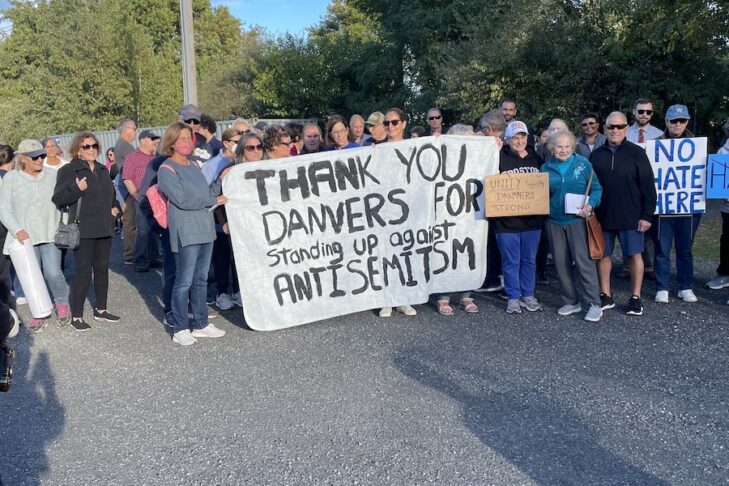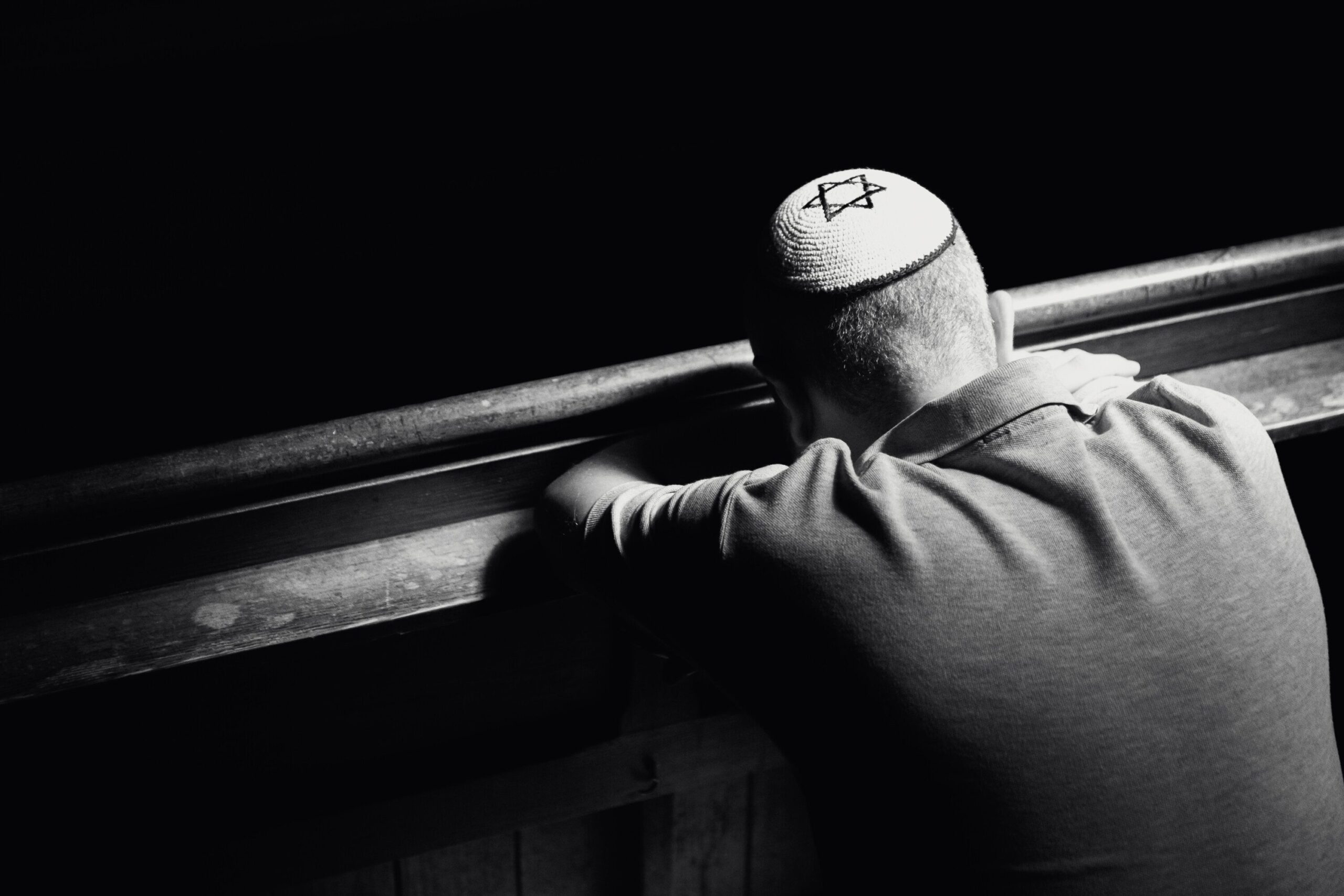By Melissa Garlick, Senior Director of Combating Antisemitism and Building Civic Engagement at Combined Jewish Philanthropies
As antisemitism continues to spread on social media, communities, college campuses, and schools, the magnitude of the problem can feel overwhelming and frightening. On Tuesday, Nov. 14, we stood together, loudly and proudly—and in defiance of those who want us to hide in fear—to march in Washington, D.C., in support of Israel and against antisemitism. For many of us, that day is one that we will never forget and, in many ways, was only a precursor to the enormous work ahead.
Over a much-needed holiday break, my family showed me some illustrations created by artists at Bezalel Academy of Art and Design in Jerusalem to commemorate the beauty of the communities bordering Gaza as they existed before Oct. 7.
The pictures are teeming with life and vibrancy, the land splashed with color. As the harvest season ends, I think about the seeds that are being planted now, amid the devastation. I think about the contrast between the murderous, hate-filled attacks on these communities and the promise and the beauty of growth and new life. I know this land will flourish again.
When I talk about my work, many ask: How did we get here and how do we solve this? We all long for the immediate end to terror and antisemitism, but how are we planting the seeds for sustained and meaningful change over the long term? We cannot afford an approach that only pushes antisemitism back into the shadows; we face the real challenge of ensuring immediate protections for our safety while also advancing long-term, systemic change so that we are more prepared, coordinated, educated, and stronger when the intractable weeds of antisemitism threaten to destroy our future again.
As this month’s Face Jewish Hate newsletter highlights, the recent increase in antisemitic and anti-Zionist incidents has been deeply alarming, particularly as it has impacted our Jewish students on college campuses.
In response, CJP is ramping up its communal security resources for Jewish institutions and college campuses, working with partners to respond to hate incidents and hate crimes, and focus on immediate training, resources, and relationship-building in civic spaces, including higher education and K-12 schools. There are also action steps you can take to fight antisemitism on college campuses. We continue to elevate the stories of those who have experienced antisemitism to raise public awareness and inspire action. If you have a story to share, your voice is so needed at this time.
At the same time, we must keep planting our seeds. We will continue to build transformative relationships across communities in Greater Boston, deepening allyship strategically at the civic leadership and community levels. We will ramp up work and investments in long-term and systemic work that must be done in K-12 education, higher education, and workplace spaces to expand education, create inclusive climates, promote bold leadership, and confront the deep and systemic roots of antisemitism in our society.
As we work with our brothers and sisters in Israel to advance the long and hard work to heal and rebuild, we must commit to the everyday work and maintenance here in our own community too for long-term change in the fight against antisemitism. Though we may not be able to see the garden yet, we must together remain grounded and steadfast in our goal that Boston’s Jewish community feels safe, supported, and empowered to combat antisemitism and anti-Zionism. I can’t wait to see what we grow.





